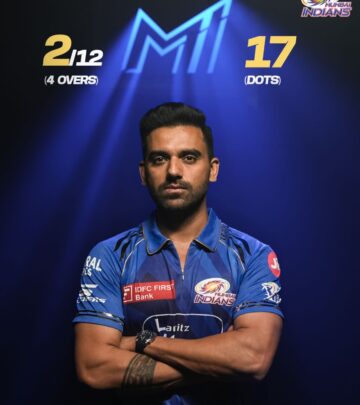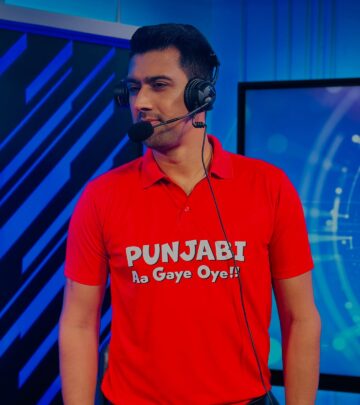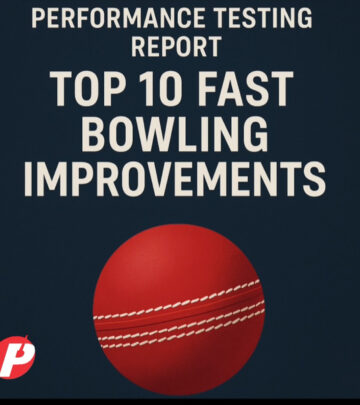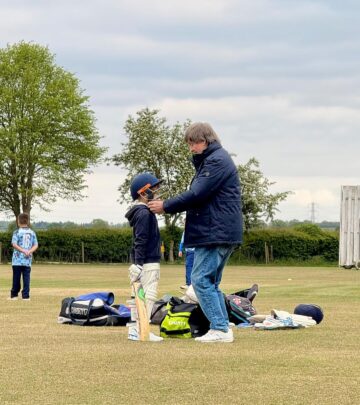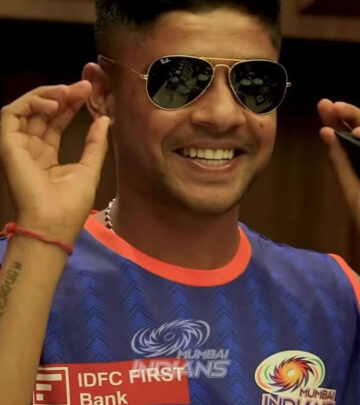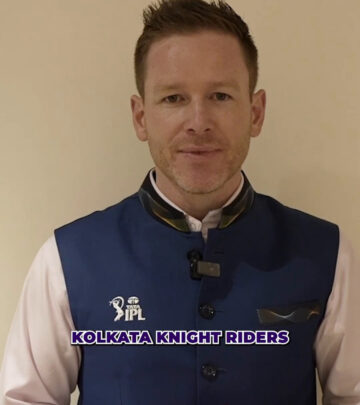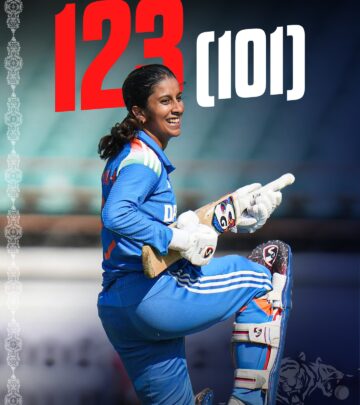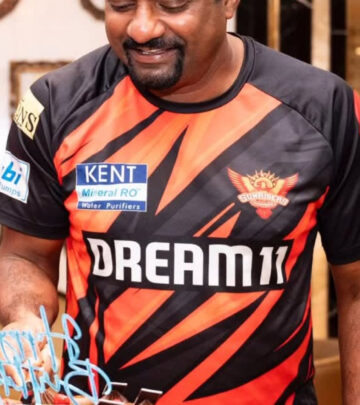Steffan Jones Sets New Pace With PACELAB Update
Groundwork laid out in style as Steffan Jones calls for acknowledgment of PACELAB efforts.

Image: Instagram
In a recent Instagram update, sports coach and trainer Steffan Jones delivered a succinct message: “It’s just manners. I’ve done the ground work.for you. Just acknowledge #PACELAB”. The post, paired with an engaging image that showcases his confident demeanor and athletic poise, has sparked conversation among followers, enthusiasts, and aspiring athletes alike.
Bridging Manners And Mastery
Steffan Jones, known for his innovative approach and deep understanding of sports mechanics, has once again stirred interest with this minimalistic yet impactful post. By stating that he has “done the ground work”, Jones hints at the extensive efforts behind the scenes—a dedication familiar to those who have followed his career through the ups and downs of sports training and coaching. The use of the hashtag #PACELAB underscores his commitment to the training principles he advocates. It is a nod both to the legacy of hard work and to his modern approach, where effective training is built on adaptability and physics rather than rote repetition.
A Glimpse Into Pacelab Principles
The PACELAB brand is synonymous with progressive athletic training, particularly in fast bowling and dynamic sports movements. Jones’s brief yet compelling statement suggests that the groundwork of innovative coaching has been completed and now awaits due recognition. His message resonates with the core philosophy that athletic performance is not just about repetition; it’s about understanding the kinetic language of the body. As seen in his previous posts—with quotes such as “Muscles Don’t Listen to Words – They Speak in Force and Inertia”—Jones has long argued that training must be aligned with physical realities. His emphasis on each rep being a conversation between the body and its environment highlights why simple verbal instructions cannot substitute properly designed drills.
Influence And Impact In The Field
With over two decades of involvement in the sports world, Jones has developed a reputation for deciphering the language of movement through detailed analysis and practical insights. His earlier Instagram postings, alongside messages like “Repeatability is Overrated: Why Functional Variability is the Key to Fast Bowling Mastery”, have consistently challenged conventional wisdom. He contends that excellence in fast bowling, and sports in general, depends on one’s ability to adapt to varying conditions rather than maintaining a robotic form. This philosophy is deeply embedded in the PACELAB approach—training that incorporates overload, resistance, and chaos drills to build a resilient, adaptable body.
The current post stands as both a reflection of his consistent message and as an assertion of his work ethic. It is not just a call for acknowledgment but an invitation to look deeper into the significant groundwork that supports high-level performance. In the world of competitive sports, where every detail matters, such a declaration carries weight and meaning. Jones’s post serves as a reminder that behind every successful athlete is an underlying system meticulously crafted over countless hours of disciplined training.
The Broader Context Of Athletic Innovation
Jones’s approach aligns with a broader shift in sports training—a move away from the myth of perfect repetition toward embracing variability. Forward-thinking coaches have begun to favor training methods that build stability through adaptability. This mindset is also supported by additional content from his past posts, where he explains that effective coaching requires designing environments that force proper movement patterns rather than churning out one idealized repetition. Instead, the focus is on creating conditions that cultivate functional variability, ensuring that athletes can perform under fluctuating game conditions.
Such developments mark a significant departure from traditional methodologies. The insights shared by Jones and his colleagues reflect a growing consensus: in an era where conditions change rapidly and unpredictability is the norm, adaptability is the true measure of athletic excellence. His post is a cogent reminder to both coaches and athletes that true mastery comes from recognizing and adapting to the complexities of movement. In this sense, the groundwork he claims to have completed is both literal and metaphorical—laying down principles that will spur future innovation and excellence.
Looking Ahead
In conclusion, Steffan Jones’s simple yet potent statement leaves little room for ambiguity. With a blend of understated confidence and professional insight, he has set a new tone for how athletic training and accountability can go hand in hand. His acknowledgement of the groundwork laid through PACELAB serves as an essential call to both peers and aspiring sports professionals: recognize the value of quality training that goes beyond repetition, and strive for an adaptable, performance-driven future.
As the conversation grows around adaptive training techniques and the evolving demands of athletic performance, Jones’s work stands as a testament to the power of innovative thinking. From the fields of fast bowling to various other sports, his ideas continue to pave the way for a more nuanced, scientifically-backed approach to training.
The post, though succinct, reinforces the importance of grounding athletic excellence in a mix of physical context and smart design. With his unwavering commitment and visionary outlook, Steffan Jones remains a pivotal figure in the world of sports coaching and will undoubtedly inspire many to look beyond mere repetition in their quest for greatness.
Read full bio of Joyce



